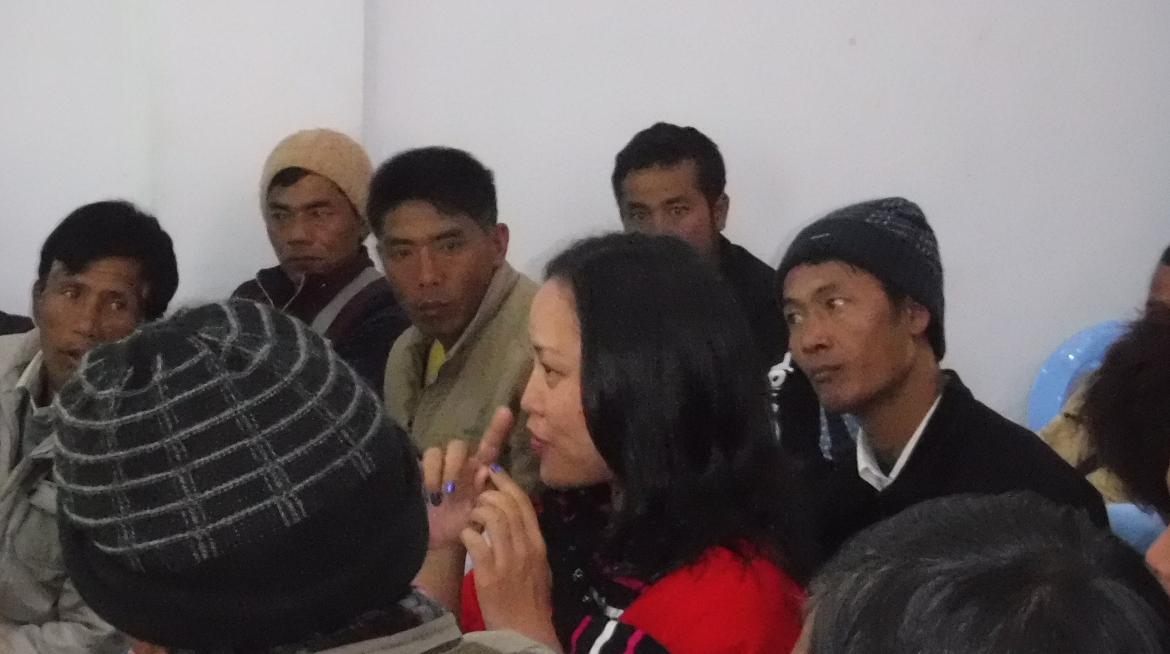
GRET organised a workshop on the framework of the LIFT-funded ‘Understanding rural land issues for comprehensive policy dialogue’ project on January 19.
The objective of the workshop was to share findings of GRET's study on Hakha land tenure issues. It was also the opportunity to debate key land issues with Chin State stakeholders and to identify policy priorities and future actions. Farmers from Hakha Township villages, local Civil Society Organisations, NGOs and officials from the Department of Agriculture, Department of Forestry and Department of Agricultural and Land Management Statistics participated in the workshop.
Chin State Minister of Development Affairs, Electricity and Industry Dr Salai Isaac Khen delivered an opening speech in which he highlighted the crucial link between land, identity and the importance of understanding the history of grievances in order to build suitable reforms. He said he valued GRET’s contribution in providing quality research for the sound formulation and implementation of policies and law.
Presentations were given in Myanmar language by members of the GRET land research team followed by debates in Chin and Myanmar languages. GRET lead researcher Maxime Boutry gave examples of the introduction of paddy terraces, permanent orchards and the change in traditional land management systems to demonstrate that land tenure was an evolving system reflecting political, economic, social and technical changes.
GRET land research coordinator Daw Pyae Sone presented a case study on land conflict in the context of urbanisation in Hakha. The case study highlighted that customary tenure is evolving. The changing context leads to a change in perceptions over what is land and a shift from land having a social value to having a more economic one.
Finally, researcher Tin Myo Win presented a case study on natural resource management issues related to timber, firewood and charcoal in Hakha villages in the context of increased pressure on resources due to urbanisation.
Discussions highlighted the need for Chin State’s civil society to better integrate land related issues in agricultural programs.


